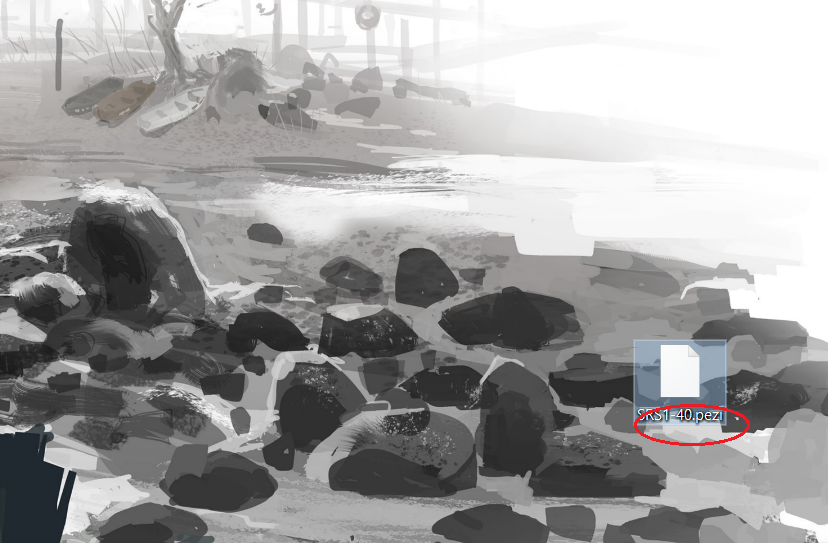Pezi
Pezi is a file-encrypting virus that is more commonly referred to by the collective term of ransomware. Pezi blocks the files of its victims by applying a strong encryption algorithm to them. After this, Pezi proceeds to blackmail its victims for money in exchange for decrypting said files.

Ransomware viruses of this type can typically affect a rather wide range of different file types. Therefore, if Pezi has infected your machine, it likely left no stone unturned, so to speak. This can often prove quite devastating for the infected users, as they may lose access to very valuable information, whether it be work-related or personal. And as a rule, the hackers and cybercriminals behind such malicious code tend to target businesses and larger organizations with their viruses, because those are likely to suffer the most from such attacks and also have deeper pockets to pay for a decryption solution.
Speaking of which, the decryption key is actually what Pezi is requesting that you pay ransom for. This is the key you need to apply to the encrypted files in order to make them readable again.
However, what the hackers don’t want you to know is that there are also alternative means of restoring your infected files. There are free decryptor tools available online, you can try and recover your data from system backups or with the help of shadow copies, etc. We’ve listed all these solutions in the guide below. But before you attempt any of them, you will first need to remove Pezi from your computer, which we’ve shown how to do in the same removal guide below.
The Pezi virus
The Pezi virus is highly dangerous and its encryption may prove difficult to deal with even for experts. What’s more, that very encryption also allows the Pezi virus to avoid detection from security software.
And this curious phenomenon occurs as a result of the fact that encryption is in and of itself not a malicious process. If anything, it’s a very useful and even crucial thing to us in our everyday lives. Encryption allows the transfer of information between a given number of parties while protecting the information from prying eyes (e.g. encrypted text messages, emails, financial data, passwords, etc.). Only in this case the data “protected” is yours and the prying eyes are those not in possession of a designated decryption key.
The .Pezi file
Hackers have started to rely increasingly on malvertisements for the Pezi file distribution. Furthermore, the Pezi file distribution may also be carried out via spam messages.
Usually, these messages will contain some type of link or attachment that the body of the message will try and get you to open under whatever pretext. For example, the message may pretend to come from a popular online store or even a government organization. So it’s important to make 100% sure that whatever emails or other messages you’re interacting with are in fact safe. Otherwise, it’s best you don’t interact with them at all.
SUMMARY:
Remove Pezi Virus
You are dealing with a ransomware infection that can restore itself unless you remove its core files. We are sending you to another page with a removal guide that gets regularly updated. It covers in-depth instructions on how to:
1. Locate and scan malicious processes in your task manager.
2. Identify in your Control panel any programs installed with the malware, and how to remove them. Search Marquis is a high-profile hijacker that gets installed with a lot of malware.
3. How to decrypt and recover your encrypted files (if it is currently possible).
You can find the removal guide here.

Leave a Reply